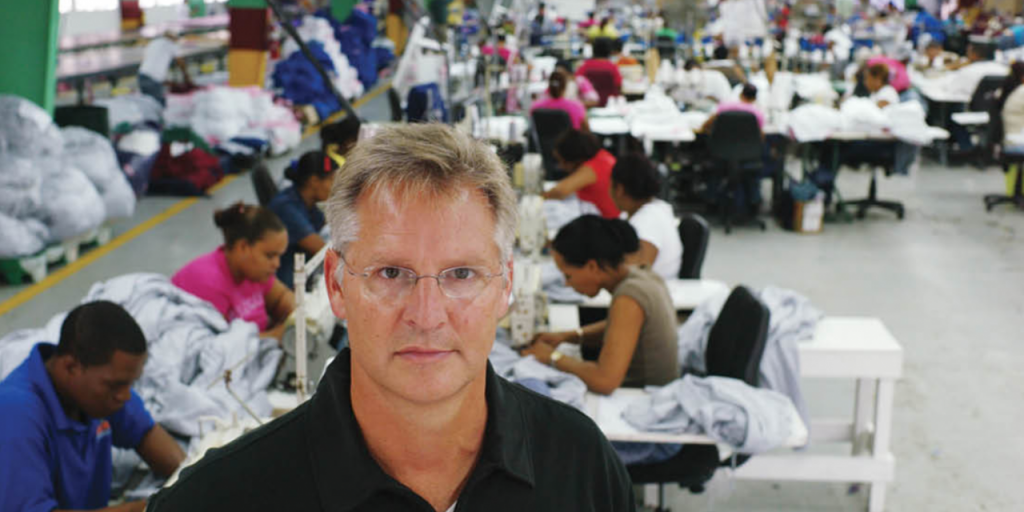Fanatics Inc. has promoted Joe Bozich to president of Fanatics Brands, the sports licensing giant’s in-house manufacturing and wholesale apparel division, sources told SGB. Bozich replaces Raphael Peck, who has left Fanatics to pursue other business opportunities.
Bozich, who founded Knights Apparel in 2001 and grew it into the leading supplier of college apparel in the U.S., was hired as Fanatic Brands’ first COO in May 2018. He was initially hired by Fanatics for his decades-long retail and manufacturing experience as Fanatics moves to further build its international supply chain. A source close to the company said that with operations and execution becoming more critical to the segment as the division scales globally and becomes more established, Bozich was promoted to guide the next phase of Fanatics Brands’ development.
Peck, a former executive at Adidas, Under Armour and Oakley, joined Fanatics in 2013 and quickly ramped-up the company’s tech-infused vertical business model that’s designed in large part to more quickly respond to “hot market” opportunities.
A major step towards that effort was the May 2017 acquisition of Majestic Athletic. Internal manufacturing capabilities have also become more important as Fanatics has secured additional rights to manufacture fan apparel with all of the major sports leagues, plus MLS. In Nike’s recent NFL deal, for instance, Fanatics secured the rights to make NFL jerseys and related merchandise under the Nike logo. The upcoming MLB partnership with Under Armour works similarly.
In 2015, Knights Apparel was sold to HanesBrands, and Bozich stayed on as HanesBrands’ chief business development officer before retiring in December 2017.
Bozich is also known for his commitment to creating socially responsible workplaces, and he founded Alta Gracia, the first-ever living wage apparel company that’s based in the Dominican Republic.
Fanatics could not be reached for further comment.
Lead photo: Joe Bozich at Alta Gracia, his Knights Apparel plant in the Dominican Republic that pays its employees more than three times the country’s minimum wage. Courtesy Michael Kamber, The New York Times, Redux
















